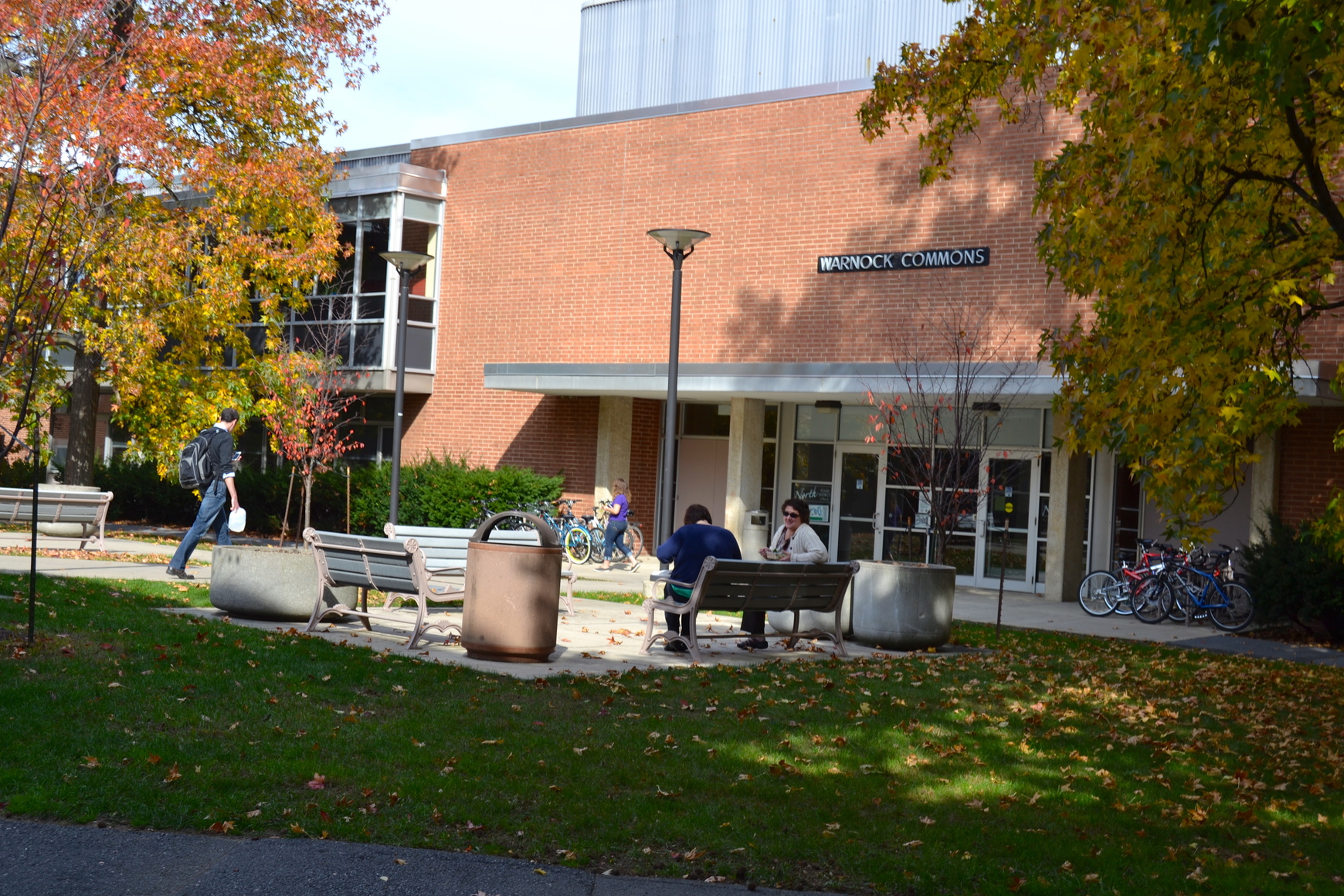Take Suicide Prevention Seriously: My Story

It was 8:46 a.m. on a Thursday when I heard a knock at my door.
A stone faced man identified himself as a detective for the State College Police Department, addressed me by name, and asked to come inside. I thought I was in some serious trouble, but I couldn’t imagine for what, as I tried to think of anything I might have done to provoke this early morning surprise.
“You’re going to want to sit down,” the detective said as I settled down anxiously on my couch.
“I have some terrible news. Your roommate shot himself last night,” the detective told me, immediately and coldly. “He is dead.”
Only three weeks have passed now so the memory is still vivid in my mind, but I don’t think that moment, or the days that followed, will ever leave me. And that scene happens to more Penn State students than you might think.
According to this Daily Collegian article, 19 students committed suicide at Penn State between 2007 and 2011. That’s consistent with the national average of 1 in every 10,000 students who commit suicide each year.
In the case of my roommate — whom I lived with for three years — there were no signs. He was not depressed, at least ostensibly. He never moped, never complained, never seemed down. He didn’t do drugs and he rarely drank. Mere hours before it happened, he was still doing homework and playing video games just like any other ordinary day. I would later find out he had the date picked out for months.
I’m not recounting this narrative for the sake of history or detail. What I’m saying is, it can happen to anyone at anytime, no matter how normal things might seem. And as I look at the empty bed next to mine, the sheets not yet removed, that fact resonates more than I ever imagined it could.
Suicide is the second leading cause of death among college students, behind car accidents. According to a recent University of Virginia study, more U.S. college students die from suicide than alcohol-related causes. And yet, our society — especially Penn State and our student affairs department — is content throwing unseemly amounts of money at the alcohol “problem” with little mention of suicide prevention.
Most suicides go unreported by the media because of the fear of copycat suicides. The unwritten rule in the newsroom is to avoid “glorifying” suicide with media coverage. Unless you’ve personally been affected, the pervasiveness of the issue is largely unknown.
Penn State does offer free CAPS counseling to students, but unfortunately, their services are all too often reactive instead of proactive. Be diligent with yourself and those around you. Notice signs and don’t hesitate to report something if you think a friend might be vulnerably depressed.
Next time you tell your friend to “shoot yourself” after he pisses you off or remark to someone, “I’m going to kill myself if I failed that test,” take a pause. You never know who you could be talking to.
I certainly didn’t.
As the mother of Penn State suicide victim Spencer Seupel wrote, “Let us find and encourage within ourselves, within our society, those gifts that make each of us special: not star power, not intellectual prowess, but the ineffable mystery and extraordinary beauty of the simple human heart.”
The Centre County Out of the Darkness Walk will be held this Sunday on April 14 to raise money for the American Foundation for Suicide Prevention (AFSP). I encourage you to donate your time or money to understand an issue that many people don’t often think about.
Your ad blocker is on.
Please choose an option below.
Purchase a Subscription!




